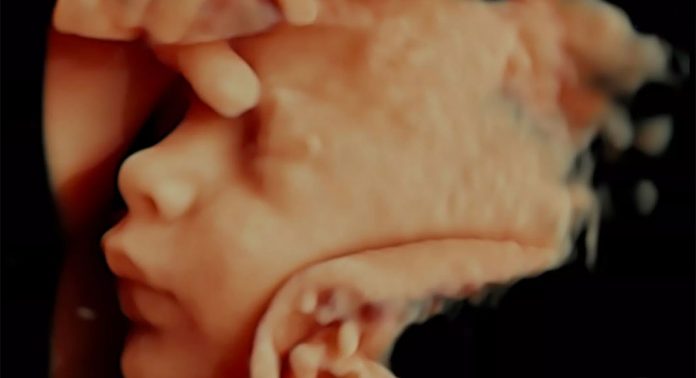
The Journal of Medical Ethics has published a paper calling for fetal pain to “be considered as part of a humane approach to abortion”.
Whenever a paper or professional reaches a conclusion which is inconvenient to the profitable abortion industry or contradicts pro-abortion-choice propaganda, inevitably the attack will turn, not on the argument or evidence, but on the credibility of the critic.
Unfortunately for America’s largest corporate abortion provider, Planned Parenthood, they have previously hired this paper’s lead author, Professor Stuart Derbyshire, as a consultant. Pretending now they have no confidence in him or his research will be more transparently dishonest than ever.
The paper acknowledges fetal pain has been a contentious issue because it’s an argument against abortion. The authors acknowledge they have divergent views on the morality of abortion, but agree on the need for objective assessment of the evidence for fetal pain. They conclude the possibility of pain is morally significant and doesn’t have to be equivalent to the way an adult experiences pain to matter morally.
This is hugely significant to the abortion debate in Australia given the failure of multiple state Parliaments to pass amendments requiring pain relief for babies capable of feeling pain during surgical abortion procedures. Since the late 80s it has been unimaginable to withhold anaethetic during corrective surgey on the same age baby when the intention is to save it’s life. Surely pain-relief is a basically humane reuqirement during dismemberment abortion!
According to the paper, “The most common surgical technique [after 13 weeks’ gestation] is dilatation and evacuation (D&E). In a D&E, the cervix is dilated, the amniotic fluid drained, and the fetus is removed in pieces via several surgical manoeuvres using grasping forceps. Again fetal death follows either direct feticide performed before the D&E or the trauma of the D&E results in the death of the fetus.”
While it’s routine for surgeons performing corrective surgery to provide pain relief for babies in the womb they’re operating on, surgeons performing abortions only consider the pregnant woman as their patient. As a result pain relief for the other person affected by the procedure is rarely considered during preparation for and execution of abortion. This makes the capability for pain of the fetus relevant to current legislation and medical practice and should motivate changes in both.
The authors conclude, “It is reasonable to consider some form of fetal analgesia during later abortions… Overall, the evidence, and a balanced reading of that evidence, points towards an immediate and unreflective pain experience mediated by the developing function of the nervous system from as early as 12 weeks… We no longer view fetal pain (as a core, immediate, sensation) in a gestational window of 12–24 weeks as impossible based on the neuroscience.”
Surely in an evolved, compassionate society, we can at least mandate pain relief for people subjected to surgical procedures. Or does our political commitment to accessing industrialised abortion not condone any science which may suggest the ethical need for compassion toward preborn people?





















